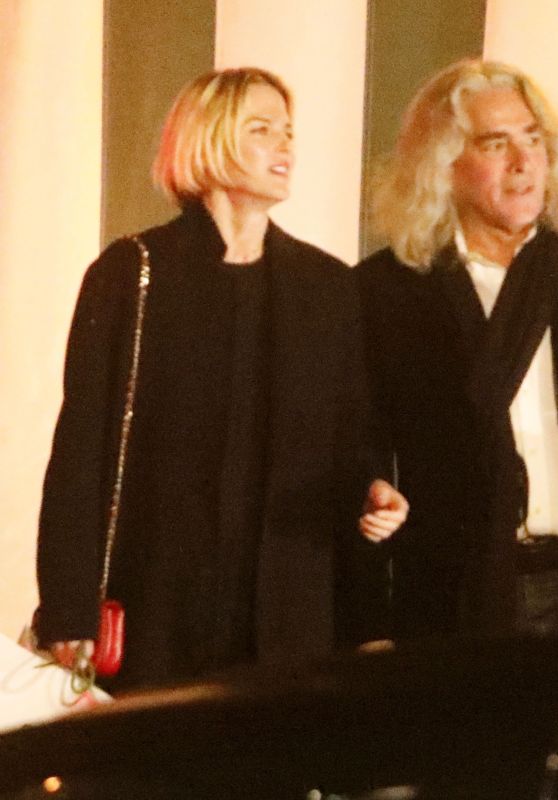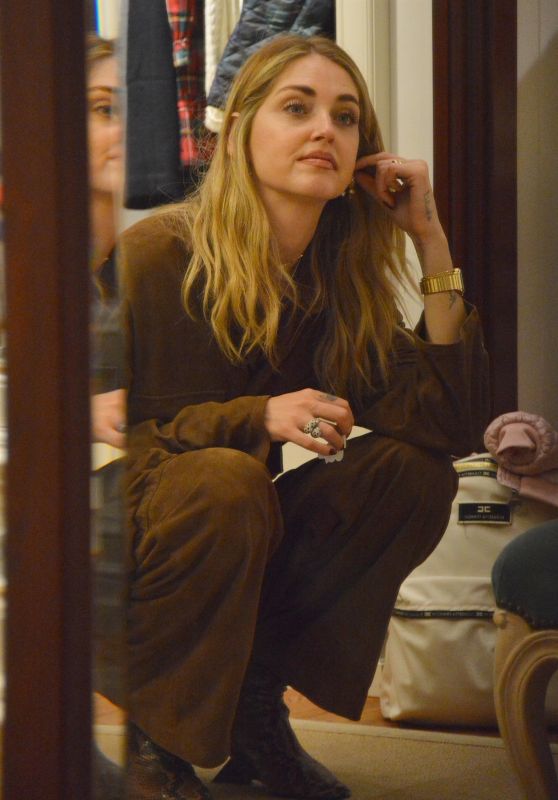Justin Baldoni got very candid about his time filming It Ends With Us and how one scene in particular led him to have a “near breakdown.”
The actor and director stopped by How To Fail With Elizabeth Day where he and the host also talked about his experience with sexual trauma and receiving an ADHD diagnosis at the age of 40.
When speaking about the big-screen adaptation of Colleen Hoover’s best-selling novel, the Jane the Virgin star recalled filming the scene when his character, Ryle Kincaid, finds Lily’s (Blake Lively) phone and sees Atlas’ (Brandon Skelnar) number.
“He’s very jealous, and he’s heartbroken, and he’s angry, and he doesn’t harm her, but you can see in his eyes how dangerous he is. After that scene, I had a near breakdown,” Baldoni recalled. “I had to leave and just cry and shake because there was so much pain.”
He explained that with characters like Ryle, it’s not necessarily what he does but that what he does is a result of what he’s been keeping in his whole life, which is that he feels his brother should be alive, not him.
“That was very hard and that took a few months,” he added. “I had dreams as him for a while, and it lived in my body but I think for the most part, he’s out.”
In addition to starring in It Ends With Us, Baldoni also directed and executive produced the film through his Wayfarer Studios banner.
“Directing is a very lonely job,” he told host Elizabeth Day. “You are kind of at the top of this totem pole. In your moments of quiet, everybody has a thousand questions for you and also nobody wants to disturb you and you don’t really have many people to talk to and you can’t necessarily share your anxiety or your nervousness about something because you’re also the leader.”

Elsewhere in the podcast, the Five Feet Apart producer and filmmaker opened up about a time when he experienced sexual trauma and how he has struggled with it since.
He recalled meeting a woman in college and becoming so swept up in the “very bad relationship” that it was the only thing he cared about. He changed who he was to match what she wanted and completely lost his sense of self.
“It got very emotionally abusive,” he said. “I experienced sexual trauma in that relationship, then wrestled with that trauma for the rest of my life because, in my head, a man can’t experience sexual trauma at the hands of a woman. It’s also the way that society has kind of made me feel that it’s only the other way around when in reality, it can happen.”
He continued, “There are lines that can be crossed and take advantage of somebody and to be manipulated, but I told myself for 15 years after that, that wasn’t actually what happened and that I did want it and all of the things that women have been feeling and experiencing for a long time. I was hoping to save myself for marriage and that’s as detailed as I’ll get into the story.”
Looking back now, the multihyphenate is grateful for what happened because it led him to where he is today, but it took him a while to acknowledge what had happened to him.
“So much of being a man is performing and making sure that everybody knows that we’re safe and that they can trust us and that we can carry the world on our shoulders and acknowledging that a woman could take advantage of me is too much to hold for many, many years,” he said. “And then one day my therapist asked me a very simple question and she said, ‘Justin, you do a lot of work in this space. If a woman told you that story, what would you call it?'”
He added, “And that’s when I broke. […] I left college, I moved to L.A., and it was actually thanks to that relationship ending that I ended up becoming an actor.”

Among many other things, like teaching himself to dance at 20 years old and feeling like an “ugly duckling” when he was younger, Baldoni spoke to Day about receiving his ADHD diagnosis earlier this year.
After around four years of his therapist encouraging him to get tested for the disorder, he finally did and it provided a lot of clarity in his life. He recalled not really having any positive memories of school because he was always struggling in subjects he wasn’t interested in and “felt stupid.” While his parents could have tested him when he was younger, he knows they didn’t want him to feel like he had a disability and think his parents may have also had undiagnosed ADHD.
“They did the best that they could,” Baldoni said. “I’ve gone through my anger and my frustration and my grieving about what could have been. I end with compassion and empathy for those two trying to raise a son that looked very similar to them and how triggering that must have been.”
Ironically, however, he noted that learning about his diagnosis actually helped him feel better about himself and allowed him to have compassion for himself.
“I am able to hold that little boy who had nobody, who felt like he was the odd one out that he couldn’t learn the way everyone else could, that he couldn’t function, that he couldn’t regulate his emotions, that he couldn’t sit still,” he continued. “I’m able to hold him and let him know that it wasn’t his fault, and I get to remind him that all that the way that your brain works, all of those things that you hate about yourself are going to be the things that allow you to be successful one day, that allow you to flourish and succeed.”




















 English (US) ·
English (US) ·